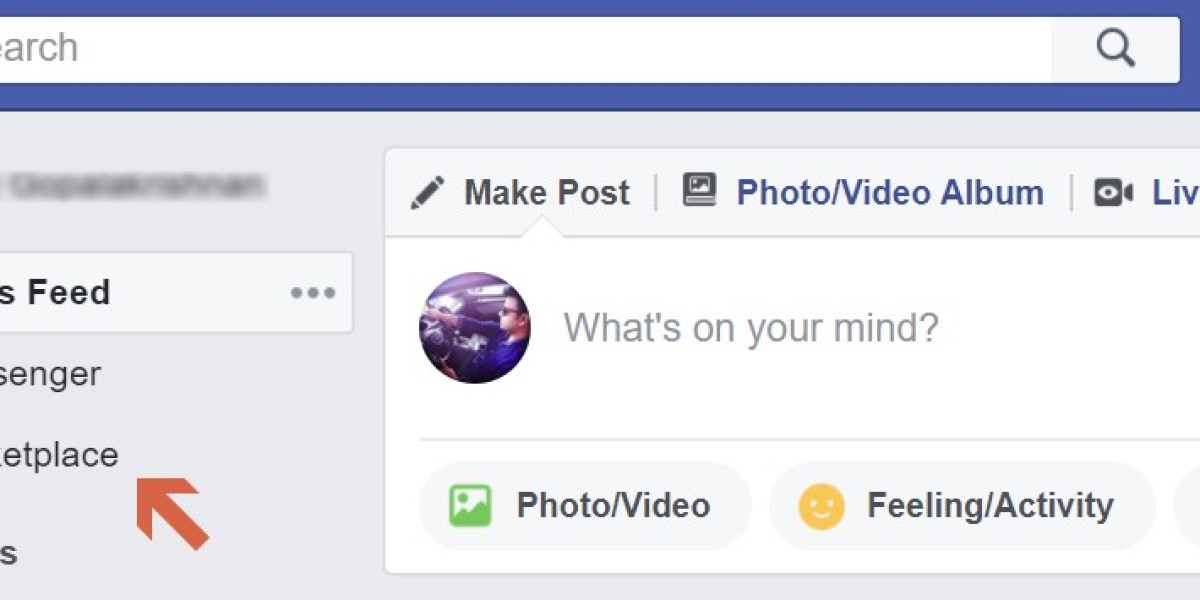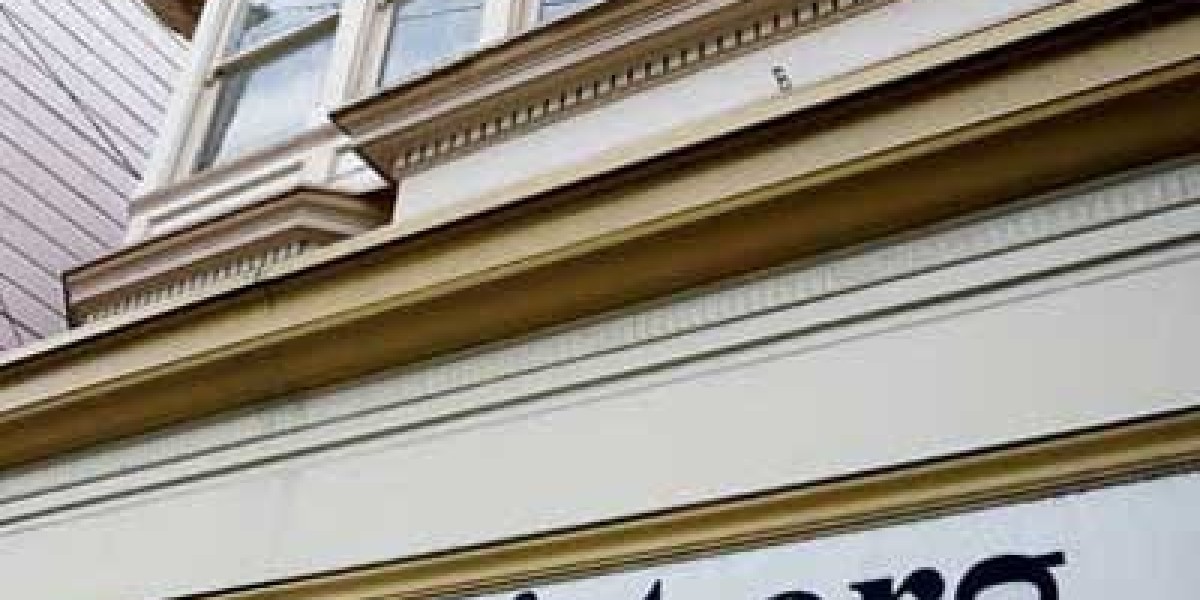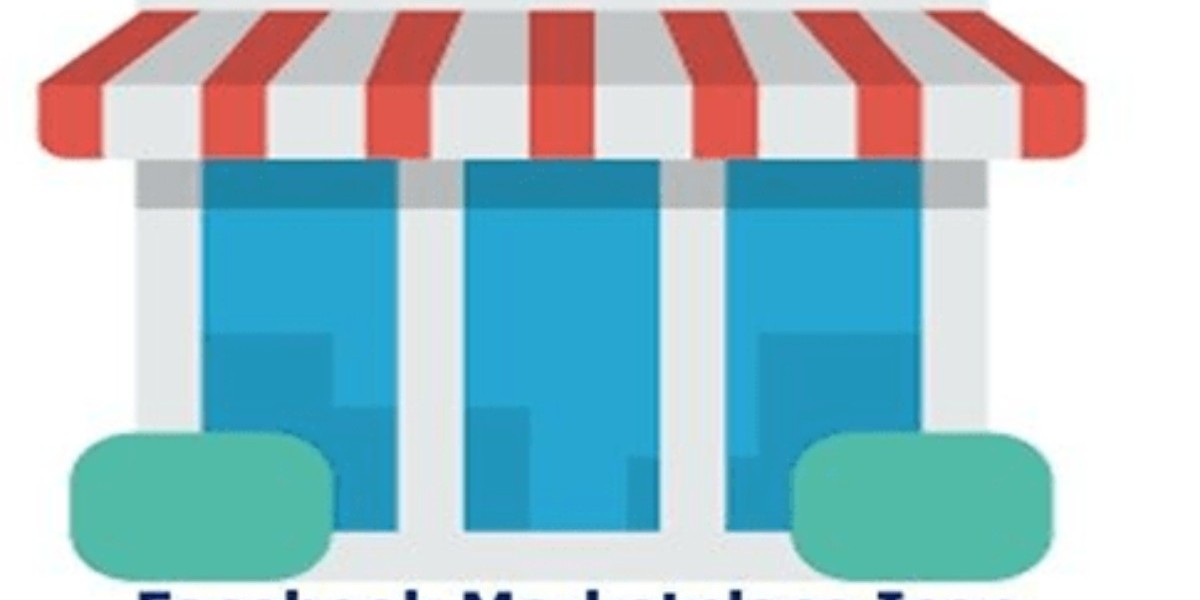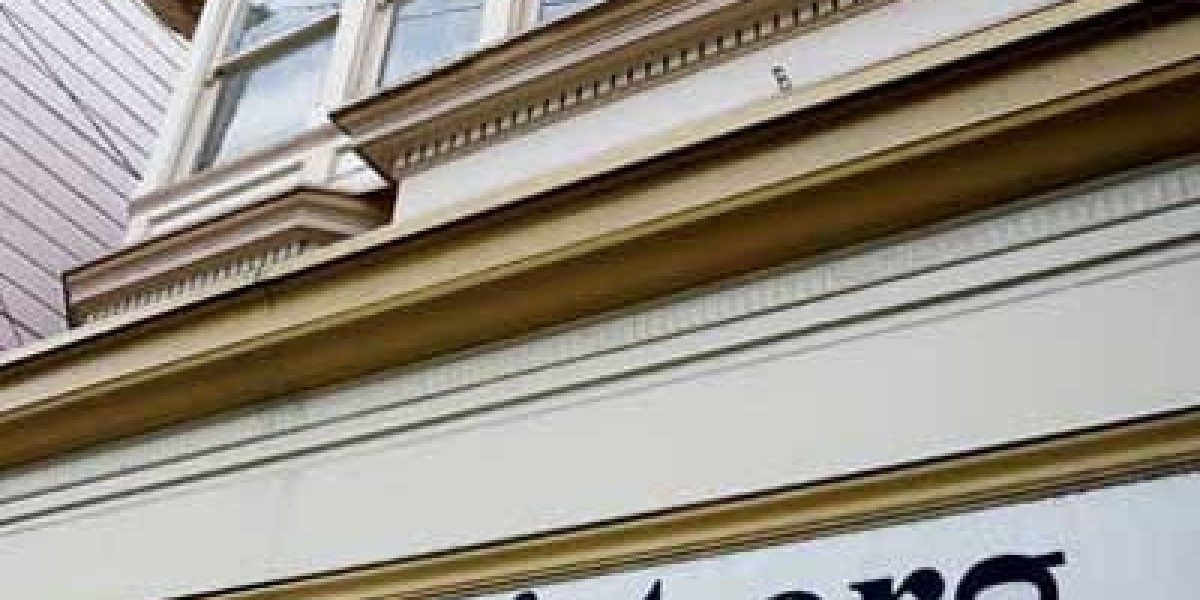Transactions on Facebook Marketplace offer a unique, user-driven experience for buying and selling items within one's local community or beyond. This platform leverages Facebook's vast user base to facilitate commerce in a wide variety of categories, including electronics, furniture, clothing, and more. Understanding how transactions work on Facebook Marketplace can help users navigate the process smoothly, whether they're first-time users or seasoned buyers and sellers. Here’s an in-depth look at the transaction process on Facebook Marketplace.
Initiating a Transaction
Listing an Item:
- Sellers can list items for sale by providing detailed descriptions, uploading clear photos, and setting an asking price. It’s important to categorize the item correctly to increase its visibility to interested buyers.
- Once listed, items are visible to potential buyers browsing the Marketplace or searching for specific items within their local area or specified regions.
Expressing Interest:
- Buyers express interest in an item by messaging the seller directly through the Marketplace interface. This private communication channel allows buyers to ask questions, negotiate prices, or arrange viewing times without exposing personal contact information publicly.
Negotiating the Deal
Price Negotiation:
- The price listed by the seller can often serve as a starting point for negotiation. Buyers might propose a lower price, and sellers have the option to accept, counter, or decline the offer.
- Negotiation can also extend to other aspects of the sale, such as including accessories or adjusting terms for item pickup or delivery.
Agreeing on Terms:
- Both parties discuss and agree on the final sale price, payment method, and logistics for item exchange. It’s crucial for both buyers and sellers to clearly communicate and confirm these details to avoid misunderstandings.
Payment and Exchange
Choosing a Payment Method:
- Facebook Marketplace itself does not process payments or shipments, leaving payment methods to be agreed upon by the buyer and seller. Common options include cash on delivery, bank transfers, or third-party payment platforms.
- For safety, cashless transactions are often recommended, especially in light of health considerations and to avoid scams.
Arranging Pickup or Delivery:
- Local transactions typically involve arranging a time and public place for the item exchange. For items that can be shipped, buyers and sellers must agree on who bears the shipping costs and the logistics of shipping.
- It’s recommended to inspect the item thoroughly upon exchange to ensure it matches the description and meets the buyer's expectations.
After the Sale
Feedback and Follow-up:
- While Facebook Marketplace does not have a formal rating system for users, communities often rely on local group pages or mutual connections for feedback. Positive experiences can lead to recommendations and repeat transactions.
- Buyers should ensure they have all necessary components or documentation before finalizing the exchange, while sellers should ensure payment is received and cleared.
Safety Considerations
Meeting Safety:
- When arranging in-person transactions, choose well-lit, public places. Some communities have designated "safe exchange zones" near police stations for this purpose.
- Consider bringing a friend or family member, especially for high-value transactions.
Scam Awareness:
- Be vigilant for common scams, such as overpayment schemes, requests for non-refundable deposits before viewing, or pressure to complete transactions quickly without proper vetting.
- Use secure, traceable methods for payment and maintain a healthy skepticism about deals that seem too good to be true.
Conclusion
Transactions on Facebook Marketplace involve several key steps from listing an item to finalizing the sale, with communication and negotiation facilitated through the platform. By understanding the process and exercising caution, especially regarding payment and meeting for exchanges, both buyers and sellers can effectively use Facebook Marketplace as a convenient and versatile platform for local commerce. Remember, the key to a successful transaction is clear communication, mutual respect, and attention to safety.
How Does Facebook Marketplace Process Payments?
Facebook Marketplace itself does not directly process payments for most peer-to-peer transactions. Instead, the platform facilitates the listing and discovery of items, leaving payment arrangements to the discretion of the buyer and seller. For certain types of transactions, particularly those involving shipping or Facebook’s own retail partners, Facebook offers integrated payment solutions through Facebook Pay. This system supports transactions directly on the platform, providing a secure and streamlined way to exchange money. However, for local transactions, users typically arrange payment methods independently of Facebook Marketplace.
What Are the Payment Methods on Facebook Marketplace?
Independent Arrangements: For local transactions, common payment methods include:
- Cash: Often used for in-person exchanges, offering simplicity but requiring caution regarding counterfeit bills.
- Bank Transfers: Used for direct account-to-account transfers; it’s secure but requires sharing banking details.
- Third-party Payment Platforms: Services like PayPal, Venmo, or Cash App allow for secure digital payments, often with buyer and seller protection features. These platforms are preferred for their security and convenience.
Facebook Pay: For transactions facilitated directly through Facebook Marketplace with shipping:
- Facebook Pay: Users can pay for items using credit cards, debit cards, or PayPal linked to their Facebook account. This service offers a seamless payment process within the Facebook ecosystem.
How Do I Know if My Payment Went Through on Facebook Marketplace?
For Independent Payment Arrangements:
- Confirmation from Seller: For transactions arranged independently, confirmation typically comes directly from the seller. Always request a receipt or proof of transaction.
- Bank or Payment Service Notification: Most banks and third-party payment services provide immediate notifications upon successful transactions, which can serve as confirmation.
For Transactions Using Facebook Pay:
- Transaction History: Users can check their payment status in their Facebook Pay transaction history, accessible through their account settings. This section provides details on completed transactions, pending payments, and any issues that may have arisen.
- Notifications: Facebook also sends notifications confirming successful transactions or alerting users to any problems that need to be addressed.
How Does Facebook Marketplace Checkout Work?
For Local Transactions:
- There is no formal "checkout" process for most local transactions on Facebook Marketplace. Buyers and sellers agree on payment terms independently and handle the exchange of money privately during the item exchange.
For Transactions Involving Shipping:
- Selecting the Item: When a buyer decides to purchase an item that requires shipping, they can click the "Buy Now" or similar button on the listing.
- Entering Payment Information: The buyer is prompted to enter their payment details if they haven’t already set up Facebook Pay. This includes billing information and shipping address.
- Review and Confirm: Before completing the purchase, buyers have the opportunity to review their order details, including the total cost with shipping and taxes. They can then confirm the payment to finalize the purchase.
- Receipt and Tracking: After the purchase, the buyer receives a receipt and, when available, tracking information for the shipped item. Sellers are typically required to ship the item within a certain timeframe after the purchase is confirmed.
While Facebook Marketplace facilitates the connection between buyers and sellers, it largely leaves payment arrangements to the parties involved for local transactions. For items that involve shipping or are sold directly by Facebook’s retail partners, Facebook Pay offers a secure, integrated payment solution within the platform.
Understanding the available payment methods, how to confirm payment success, and the checkout process for shipped items can enhance the Marketplace experience, making transactions smoother and more secure for both buyers and sellers. Always prioritize secure payment methods and maintain clear communication with the other party throughout the transaction process.



